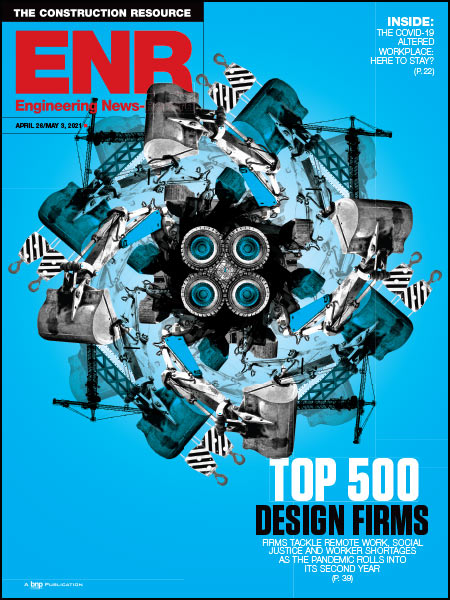For years, Colorado property owners, as well as banks and other lenders that had deeds of trust (mortgages) on real estate, paid off or settled with subcontractors and suppliers who claimed mechanic’s liens against the properties involved. They made those payments because they thought, or were advised, that the mechanic’s liens had priorities over the deeds of trust.
That is not necessarily true. Whether a particular mechanic’s lien has priority over a deed of trust requires careful factual and legal study. If a subcontractor’s or supplier’s mechanic's lien does not have priority over the deed of trust, the subcontractor or supplier may not get paid on its mechanic’s lien unless it is willing or able to pay off the loan secured by the deed of trust.
Here’s how it works. Colorado law provides that, for priority purposes, mechanic’s liens generally relate back to first work on a construction project performed pursuant to a written contract. For example, if an owner hires an architect under a written contract, uses the architect’s plans and specifications as part of the process in getting a bank loan for the project, and the bank loans money secured by a deed of trust on the property, the mechanic’s liens of contractors, subcontractors and suppliers may then have priority over the bank’s deed of trust.
However, in 2000 the Colorado Supreme Court ruled that if a bank’s deed of trust expressly stated that the monies loaned were to be used for construction and the loan proceeds were used for construction, the bank’s deed of trust under the above example would have priority over mechanic’s liens of suppliers and subcontractors if the deed of trust was recorded in the public records before work on the project started.
Here’s what happened in a case recently decided by an Adams County District Court Judge. In that case, it was established that the bank had recorded its deed of trust on July 30, 2007, and the earliest written contract for the project, that of the architect, was signed on August 22, 2007. The deed of trust was titled “Construction Deed of Trust.”
It provided that loan proceeds were to be used for construction, and they were. The court therefore ruled that the bank’s deed of trust was superior to the mechanic’s lien claim of a drywall subcontractor. That meant that if the drywall subcontractor would otherwise have had a valid mechanic’s lien, it was in second place, and could not recover any monies on its lien unless it or someone else paid off the bank loan.
If it had paid off the bank loan, it could have foreclosed its mechanic’s lien—had the property sold by the sheriff at a foreclosure sale—and either acquired the property or got paid if it was out-bid at the sale.
Past experience indicates that many owners or banks, or their attorneys, have not carefully considered the priority question in dealing with mechanic’s lien claims.
They certainly should.
Albert B. Wolf is a principal in the Denver law firm of Wolf Slatkin & Madison PC, Denver.


Post a comment to this article
Report Abusive Comment